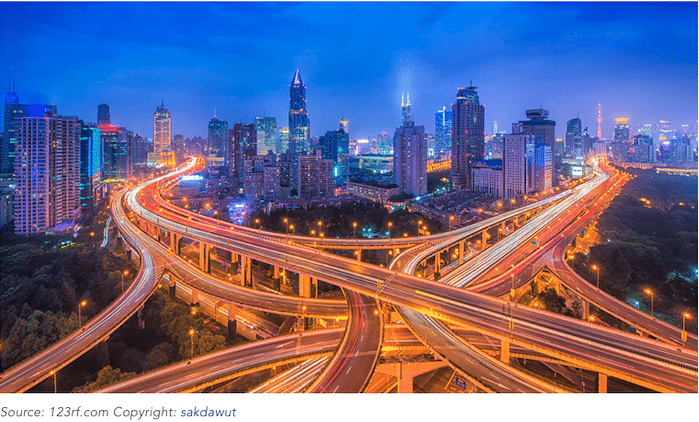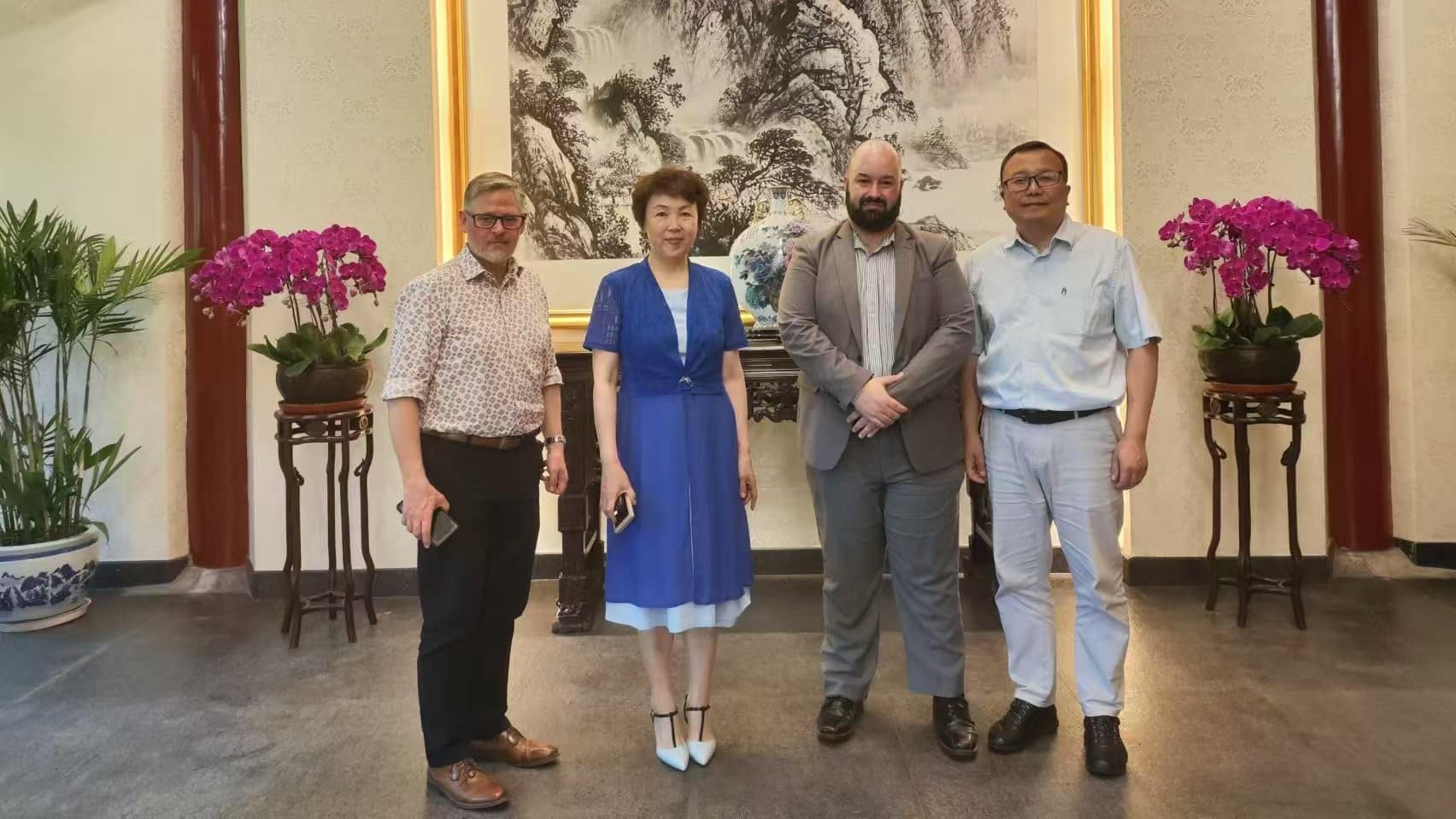Keeping pace with China in 2023
This op-ed was originally published on interest.co.nz on 23 January 2023 and is reproduced with permission.
Many kiwis with experience of modern China are familiar with the concept of ‘China speed’ – changes occurring at lightning pace, requiring an equally fast response.
Over our summer break we have seen a remarkable demonstration of China speed in action. From indications in the distant days of December that China would persevere with its attempts to keep the pandemic at bay with borders tightly controlled, the floodgates (and border gates) have opened in unexpected fashion.
The impact of large-scale infections on public health, business, travel and daily life have been swift and severe. But like other countries China can be expected to soon enter an equally fast-changing period of social and economic recovery.
Many commentators have pointed out correctly that this will not be a ‘return to normal’ in China. Some new economic headwinds, fresh domestic and foreign policy directions following the Communist Party Congress last October, and the cumulative impacts of three years of COVID responses on society, will all see our largest trade partner continue to evolve as it moves forward.
How should New Zealand respond to the pace of change we are again about to witness in 2023?
Our leaders need to meet
A strong political relationship underpins New Zealand’s bilateral engagement with China. In this regard New Zealand stands in good stead as the Year of the Rabbit gets underway. Our government has emphasised that while differences between us will have to be discussed and managed, we will seek do so predictably and respectfully while also focusing on opportunities for cooperation. A constructive meeting between then Prime Minister Ardern and President Xi Jinping in Bangkok in November 2022 augured well.
But leadership changes in both countries are now upon us. In China (under Xi) new foreign minister Qin Gang commenced his role while most of us were on holiday. A new premier (prime minister) and other senior leaders are expected to be appointed in March. The stage will become increasingly crowded as governments around the world move to establish rapport and connection with new Chinese counterparts.
New Zealand will have to do likewise, complicated by the fact that our leaders typically travel overseas less in the lead-up to a general election. The window for engagement in 2023 is small, but an essential one to keep open.
We need to understand how China has changed (and how it hasn’t)
Although China has remained off-limits to most New Zealanders for longer than other countries around the world, it has not stood still. Indeed in 2020 and 2021 in particular many areas of China’s economy and society continued to function largely as normal, once again helping to fuel New Zealand’s economy through a challenging period: our exports to China increased 19.8% in 2021, with imports from China up 26%.
Change across cities and villages, consumers, manufacturers and investors also moves at China speed: three years in China brings many more developments than the same period in New Zealand, in social, economic, technological, infrastructure and other ways.
While our more established companies with a presence in China will have been keeping abreast of trends and developments, a lot of us based in New Zealand are effectively now three years out of touch. The feedback loop from students and tourists visiting us has also been minimal.
Not everything in China will have changed, but I suspect most of us under-estimate how much has moved on since 2020. CEOs, boards and market managers across key sectors will need to prioritise an early visit back to China if they are to remind themselves of its dynamism and potential, cement personal relationships, and understand for themselves how market strategies will need to adjust to China’s challenges and opportunities in 2023 and beyond.
We need to innovate
There’s sometimes a perception that New Zealand only benefits from China as a huge market for our primary produce. But just as New Zealand should not be misinterpreted as ‘one big farm’, we also need to avoid pigeon-holing China in this way and explore other areas where bilateral collaboration could deliver significant benefits.
As one example, China has moved on from its long-held reputation as ‘the world’s factory’ to become one of its leading innovators, a global leader in research, tech and other areas which now produces more high-quality science than any other country including the US according to a recent science.org report.
It is the world’s largest producer of electric vehicles (EVs) and EV batteries, and solar and wind energy machinery for example – all green technologies that New Zealand requires in greater volume. Software and other tech sectors are huge. Joint NZ-China research is being conducted across a surprisingly wide range of other areas.
New Zealand ignores China at our peril if we judge all engagement in these sectors as inherently risky – it isn’t, but being left behind certainly is.
Think medium to long-term
Above all, it will be important for New Zealand to look beyond the distractions of the short-term news cycle and focus on China’s medium and long-term future and prospects. COVID will leave scars, but we need to start understanding where China is likely to be in two years’ time, or ten. One thing is clear – it won’t be where it is today.












 MENU
MENU
